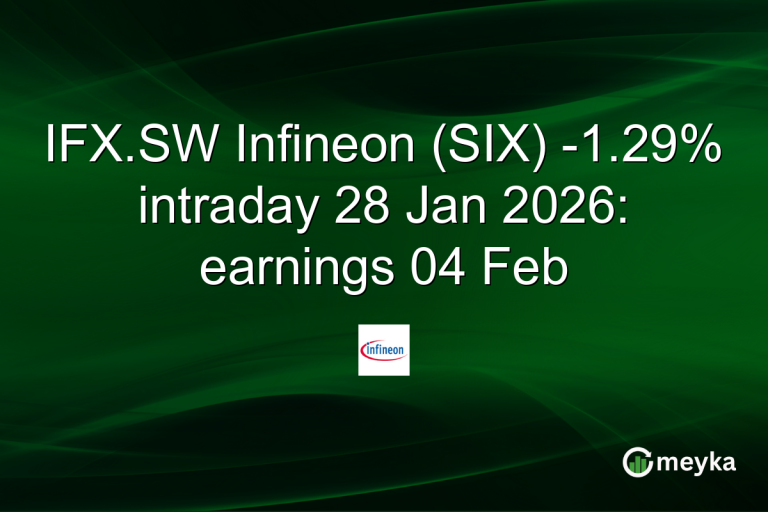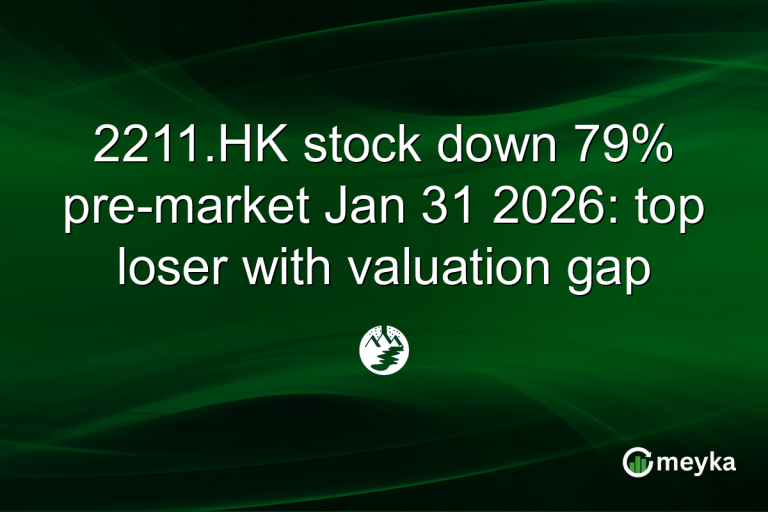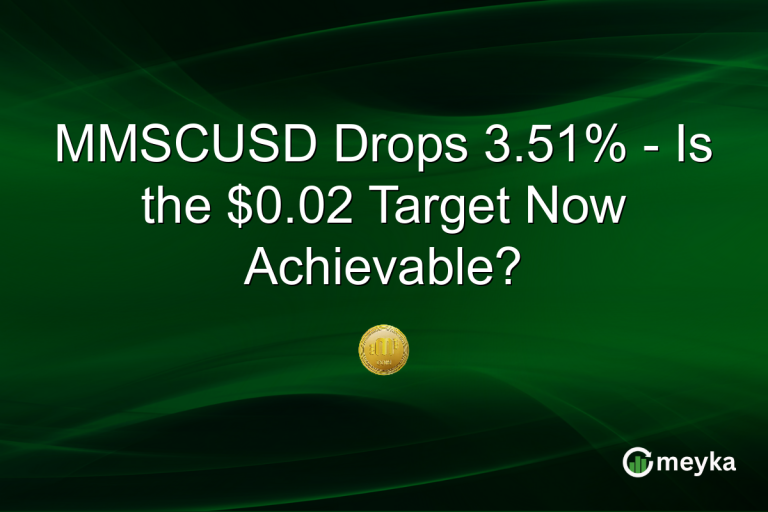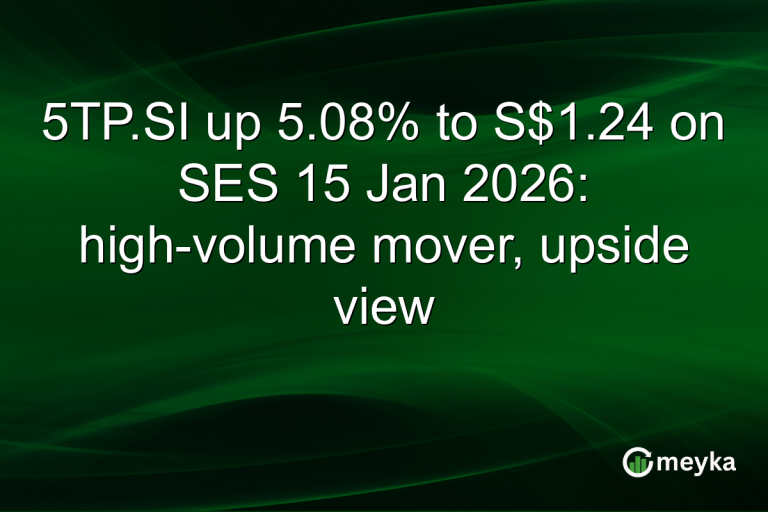Shingles Vaccine Shortage Concerns: Market Impact on Pharma Stocks
A significant shortage in shingles vaccines is creating ripples across both public health sectors and the pharmaceutical industry. As demand outpaces supply, this situation threatens to influence pharmaceutical stocks and raise concerns about vaccination supply issues. With various factors contributing to the supply chain constraints, companies are under pressure to meet increasing demand, potentially reshaping market trends within the industry.
Continue Reading on Meyka
This article is available in full on our main platform. Get access to complete analysis, stock insights, and more.
Read Full Article →





